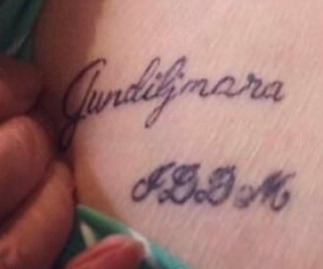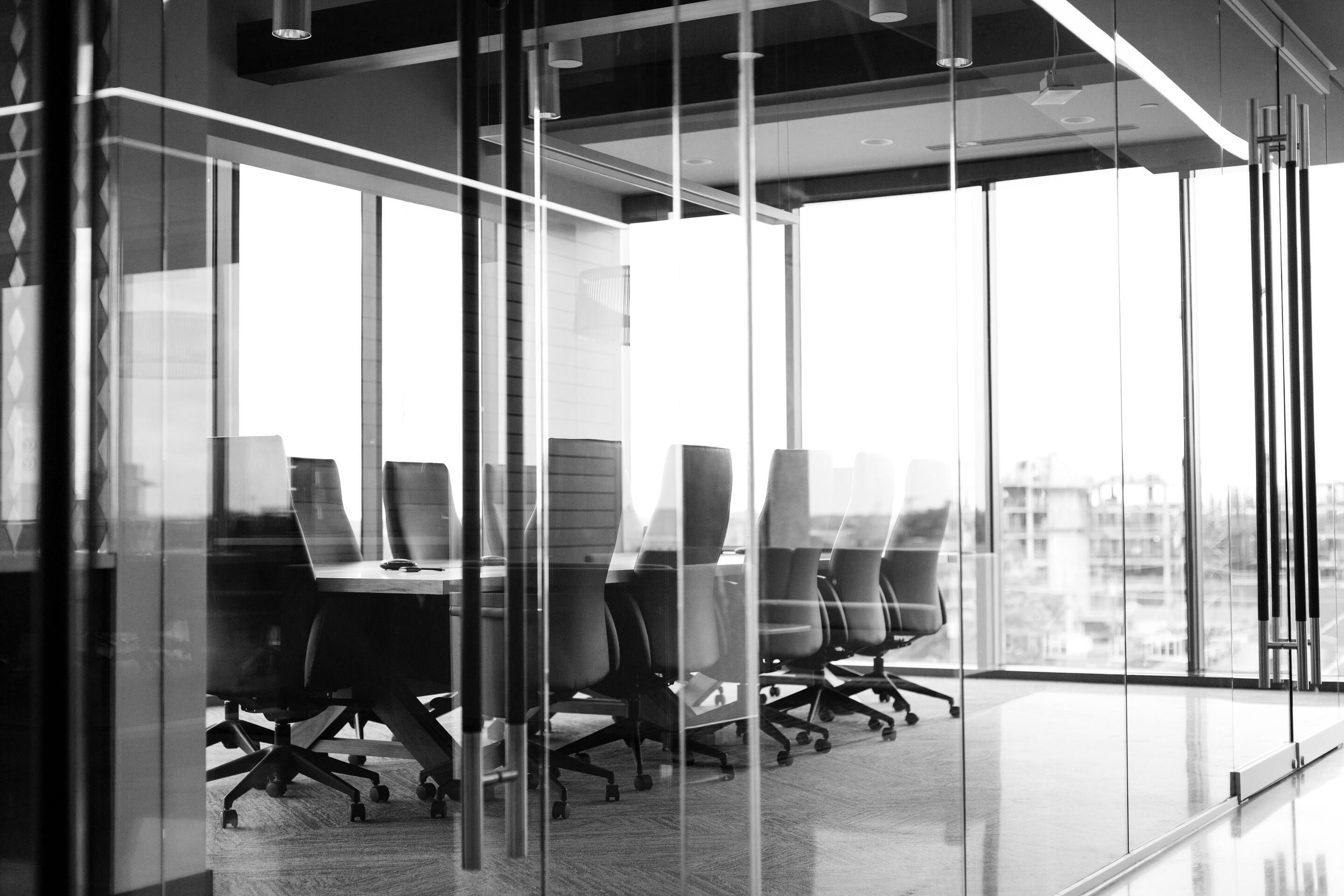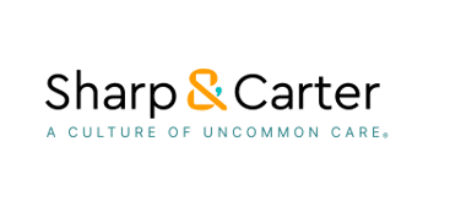We sat down with Lucy Humphries, NSW Executive Assistant to discuss what Reconciliation Week means to her and her family.
Lucy, her Mum, and Nanna are indigenous and come from a land in Victoria called Gunditjmara. You can learn more about
Lucy was proud to say that in recent years her family have started speaking more openly about their family history and what their lineage means to them.
Lucy is proud to be an indigenous woman and we feel honoured to have time to sit with her and better understand how to contribute and listen during Reconciliation Week. Lucy is proud to be an indigenous woman and we feel honoured to have time to sit with her and better understand how to contribute and listen during Reconciliation Week. |  |
Please see our interview with Lucy below:
What does Reconciliation Week mean to you, and how do you think it can contribute to healing and understanding between Indigenous and non-Indigenous Australians?
The biggest thing about Reconciliation week is educating each other and understanding what really happened in Australian history. We have a lot of international people at S&C, and it is important to educate them on our Australian history and the genocide of generations and the effect that those crimes still have on indigenous people to this day.
Becoming aware of the adversity and the issues surrounding reconciliation week is the biggest way to contribute to the allyship and becoming an ally.
What are some of the important events and activities that take place during Reconciliation Week, and how can non-Indigenous people get involved and show support for the cause?
Learning, listening, and taking in stories from indigenous communities is most important. Take on board what they say, let it sink in and really hear what they went through. Education, listening, learning, and understanding is the best support.
How do you think the broader Australian community can better educate themselves about the history and ongoing effects of colonisation, and what role do you think education plays in promoting reconciliation?
The biggest way the Australian community can educate themselves is understanding that during Reconciliation week it is not a discussion. This is not a conversation and a time to give opinions. It is a time to listen and understand. Ultimately the broader community will never understand unless they really step back and listen.
I find it is also important for the broader community to understand that small comments, either intended to be racist or not ultimately come from a place of not knowing and not understanding the devastating effect these words can have on indigenous Australians. These comments need to be weeded out and stopped. No jokes, no comments. Allyship is listening and learning.
Can you share any personal experiences or stories of reconciliation that you have witnessed or been a part of, and how have these experiences impacted you and/or your family and friends?
My mum has encouraged me to delve into my history due to my Nanna’s history being supressed for so long. My mum wanted to reconcile that part of her family by learning about their heritage and really taking time to talk about it.
This in turn encouraged my Nanna to start talking about her history, what happened to her and how she feels, which helps me to feel connected to my family history and members.
Looking ahead, what are your hopes and aspirations for the future of reconciliation in Australia, and what do you think still needs to be done to achieve a truly just and equal society?
Australia’s now 122-year-old constitution still doesn’t recognise our first Australians; Aboriginal and Torres Strait Islander people. It’s time it did. By voting ”Yes” you’ll ensure that they are finally recognised in our constitution in a simple and meaningful way: through a Voice to Parliament that will ensure they are heard on the issues that affect their communities, such as Indigenous land being sold without Indigenous elders being consulted.
A Voice will provide advice to the Federal Parliament about laws and policies, through a consultative policy making process that delivers meaningful structural change.
Here is a link to go to when it comes time to vote to change the constitution:
Lucy also aspires for the date of Australia day being changed. Australia day holds so much grief for so many indigenous peoples and a huge step forward would be to change the date.
Ultimately, there is still a lot of work to do. There needs to be accountability for actions of the past and understanding going forward not only just in Reconciliation week but every day.
Doing whatever you can to listen to indigenous people and hear their words and stories is most important.
To learn more about Reconciliation Week and ways you can listen and learn


.png)


.png)
.png)
